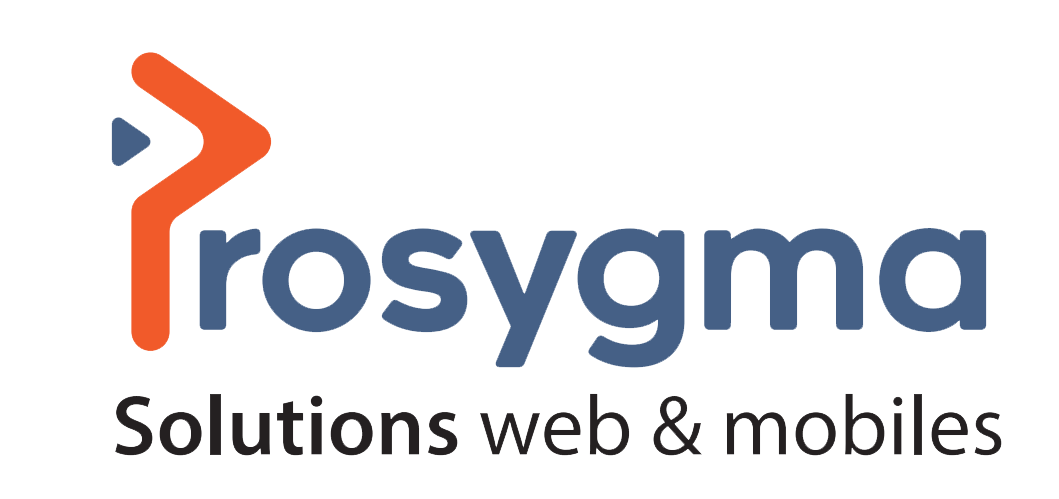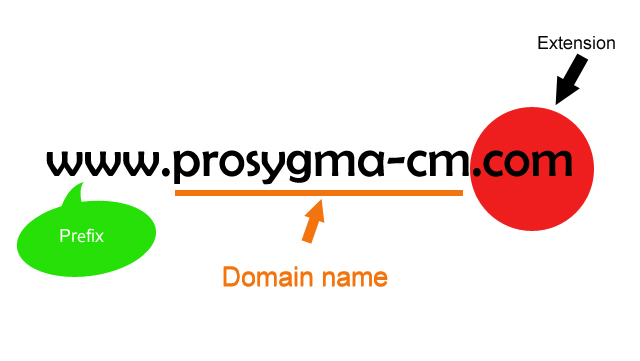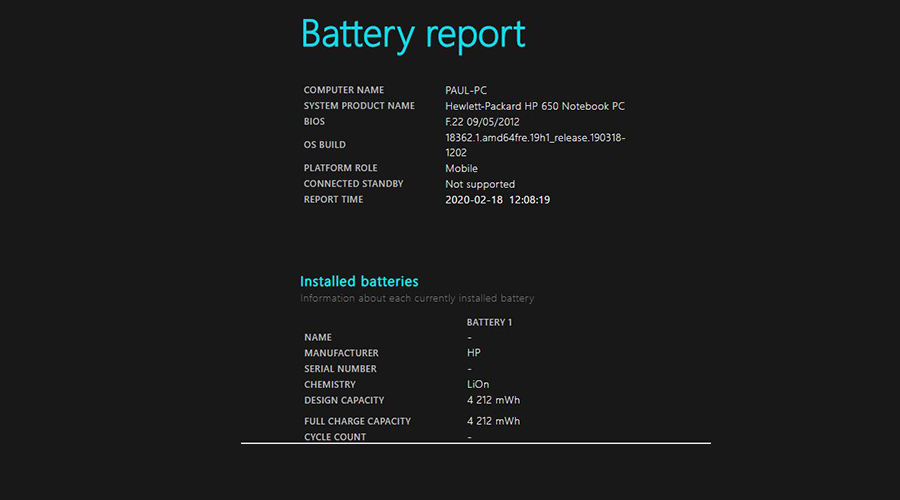
Tax collection: Cameroon wants to digitize addressing to better locate taxpayers
Cameroon wants to go through the digitization of addressing to better locate taxpayers. It is in this sense that the Minister of Housing and Urban Development (Minhdu), Celestine Ketcha Courtès, has just launched a call for tenders for the recruitment of a firm in charge of the feasibility study of digital addressing solutions in Yaoundé, the capital of the country.
If initially, "the objective of this mission is to assess the quality of addressing tools used by the urban community of Yaounde in terms of coverage and data forecasting, The call for tenders clearly states that the consultant selected at the end of the process must propose the feasibility of an application "which consists of the implementation of a platform for cooperation between the General Directorate of Taxes-Treasury-Special Fund for Equipment and Intercommunal Intervention (Feicom) to optimize the collection of direct revenues and the location of taxpayers on the basis of addressing.
In the end, the IT solutions of the firm that will be selected must "allow for the improvement of tax management and the management of works on roads and other networks". The total duration of the services is expected to be four months, not including validation time. Interested companies have until October 1, 2021 to apply.
Tax collection via digital addressing in Cameroon, starting in Yaoundé, could expand the country's tax population (140,000 professional taxpayers at the end of April 2021, according to the tax administration). This is in a context where, despite recent non-digital street addressing initiated in some cities by public authorities, geographical locations are still done in a rudimentary way. Bars, garbage dumps, stores, garages, pubs, crossroads, businesses... are used as indications when a user moves around even in urban areas. This contributes to make the location of homes, businesses and industries difficult.
According to the Ministry of Finance, the narrowness of the tax base is largely due to the considerable weight of the informal sector in the economy (about 45% of GDP for a tax contribution of less than 5%).
Source : investiraucameroun.com







